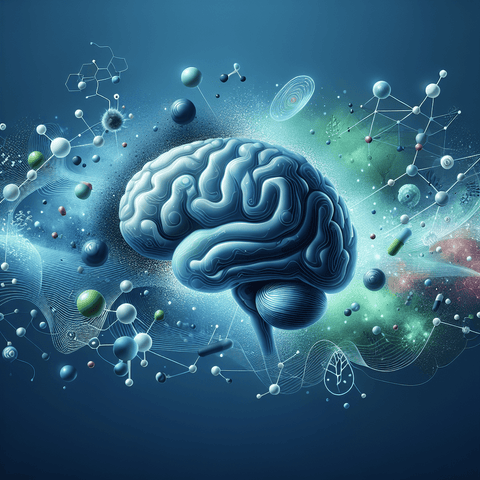Discover science-backed ways to support neurogenesis and grow new brain cells. This page centers on neurogenesis support, summarizing what researchers are learning about how the brain creates new neurons in adulthood. Much attention focuses on the hippocampus, a region linked to learning and memory, where activity and experience are thought to influence neural plasticity. The landscape is nuanced and evolving, with no one-size-fits-all prescription. The examples below offer practical steps you can start today, framed in terms of neurogenesis support rather than guarantees. First, lean into cognitive novelty as a driver of brain plasticity. Neurogenesis support literature often discusses the role of new challenges and varied learning contexts. Choose a new skill or topic, break it into small tasks, and practice in short daily sessions. Use spaced repetition and vary your practice context to engage different neural circuits. Keep a simple journal of what you practice and how it feels, emphasizing consistency over intensity. These steps are presented as practical ways to foster neurogenesis support through active engagement with learning. Second, nurture environments that promote diverse experiences and social connection. Neurogenesis support research examines how social factors and complex environments interact with brain plasticity. Plan a weekly mix of collaborative projects, novel activities, and reflective time. Incorporate routines that allow for contemplation or mindfulness to observe how you respond to new stimuli. While individual results vary, these elements are common themes in discussions of neurogenesis support and brain adaptability. Finally, translate ideas into a concrete starter plan. Set a simple, four-week goal: pick one new activity, one social interaction element, and one reflective practice; outline a short daily commitment for each. Create a lightweight log to capture what you did, when you did it, and any observations about focus or engagement. Start today by selecting a single novel task and a micro-goal, then expand gradually while keeping the focus on steady, repeatable practice. This approach centers on neurogenesis support through practical, science-informed steps you can begin right away.

